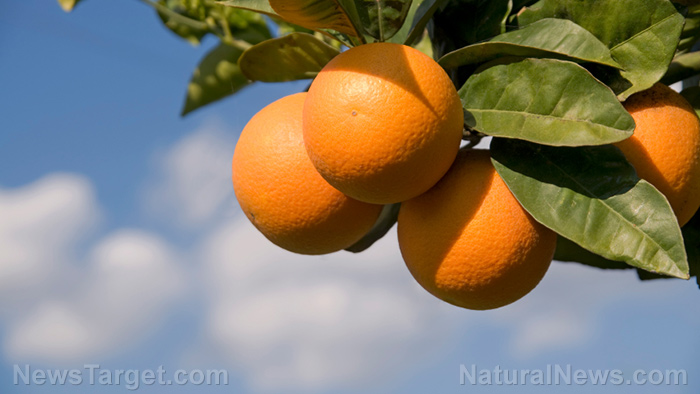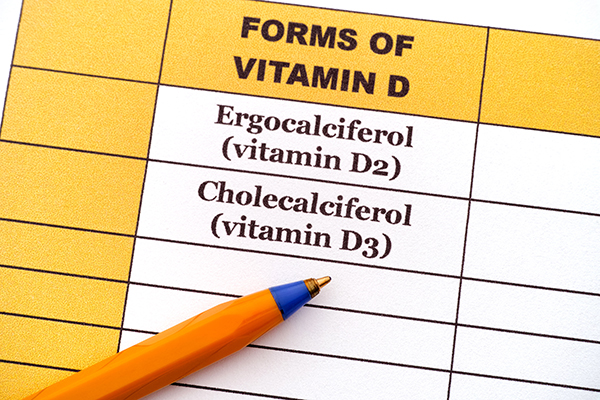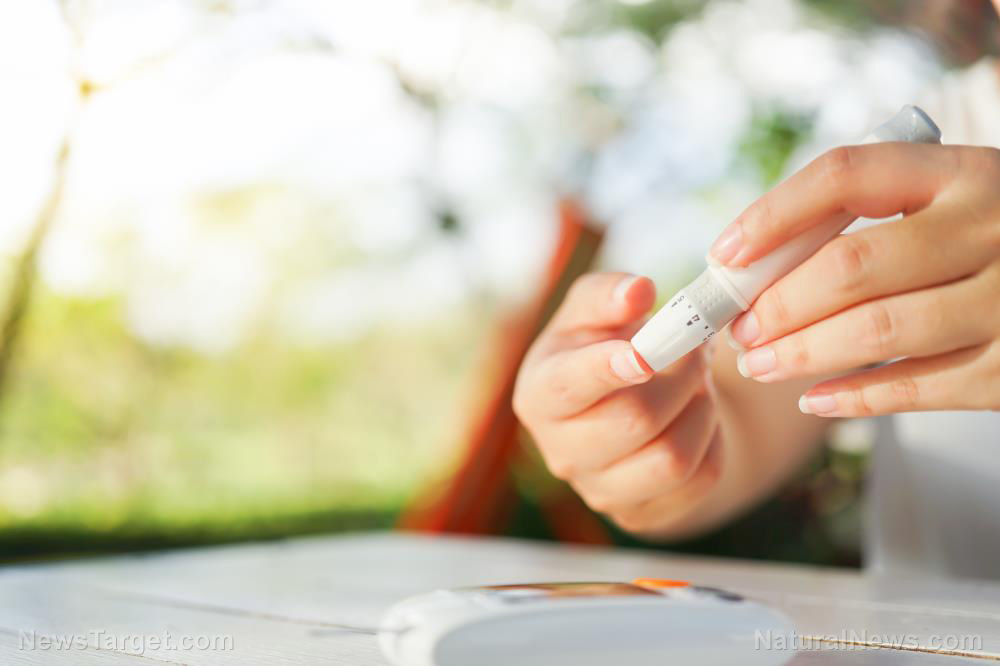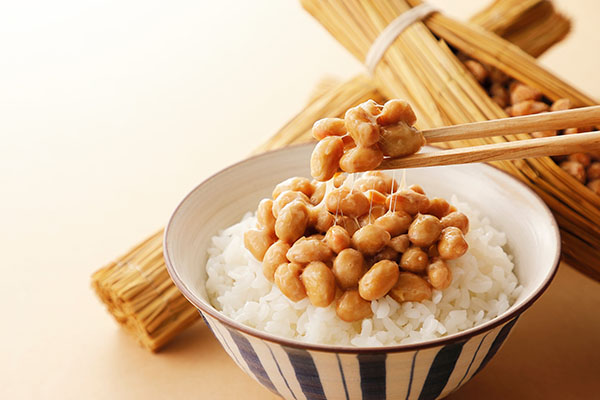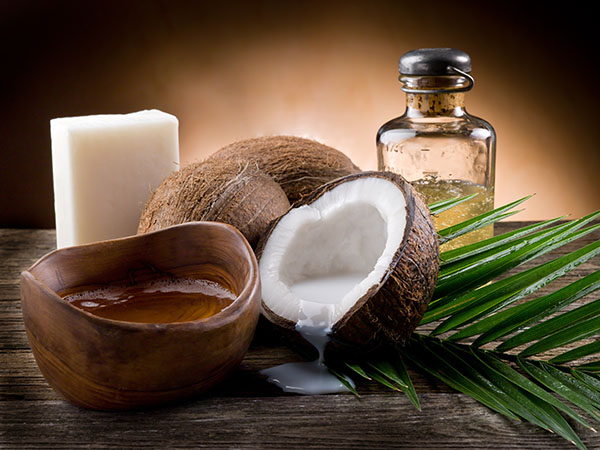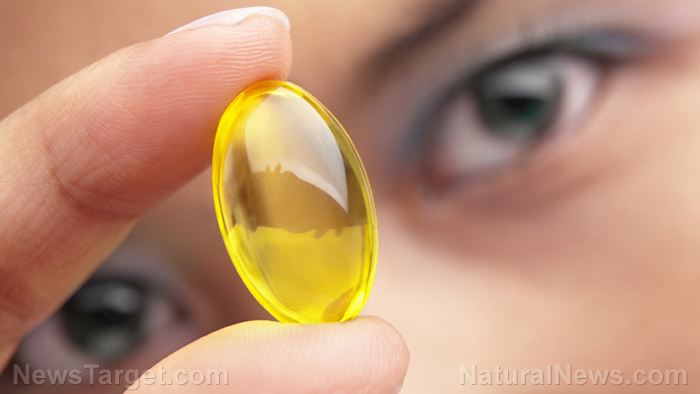Study finds surprising benefits of eating baked potatoes for diabetics
08/23/2024 / By Olivia Cook
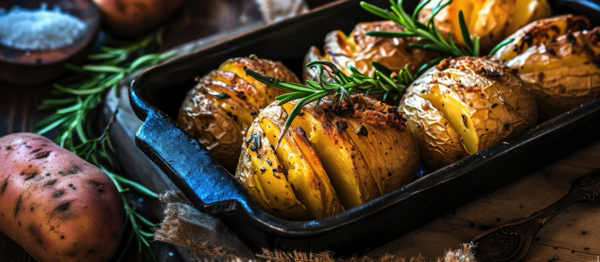
New research indicates that the humble potato might serve as an unexpected ally for adults with Type 2 diabetes when prepared correctly.
Although often labeled as a dietary villain, baked potatoes could provide significant health benefits, including improvements in heart health and potential support for weight loss and blood sugar control. Potatoes, particularly their skins, are rich in nutrients that promote health, yet they frequently receive undue criticism from those focused on dieting.
This change in perspective stems from a study by Dr. Neda Akhavan, an assistant professor at the University of Nevada, Las Vegas’ Department of Kinesiology and Nutrition Sciences. Akhavan’s research presented to the Alliance for Potato Research and Education, challenges long-standing beliefs about potatoes and their role in a healthy diet. The study suggests that these starchy tubers may be more beneficial than previously thought for people who need some assistance with managing diabetes. (Related: Potatoes GOOD for diabetics? Study finds prebiotics from potatoes reduce insulin resistance.)
In a university release, Akhavan expressed her interest in doing research on food items “that are highly stigmatized in the nutrition world.” She noted that potatoes are typically associated with unhealthy preparations, such as deep frying, and are often perceived as high in fat. However, her study aimed to highlight how properly prepared potatoes can be both functional and nutritious.
Funded by the Alliance for Potato Research and Education, the study involved 24 participants with well-controlled type 2 diabetes. It is believed to be the first of its kind to scientifically measure the cardiovascular benefits of potatoes for people with diabetes.
Each participant was given a daily serving of baked potato with the skin on, weighing 100 grams and containing approximately 20 grams of carbohydrates – just enough for a small snack or side dish. A control group received a similar portion of white rice with the same calorie and carbohydrate content. The study spanned 12 weeks to sufficiently observe changes in blood sugar control and cardiovascular health.
Participants were allowed to add herbs of their choice, spices or up to half a tablespoon of butter to their potatoes, but frying in oil was not permitted.
Consumption of properly prepared potatoes beneficial for Type 2 diabetics
The study revealed a modest reduction in fasting blood glucose levels among participants who consumed potatoes. Additionally, these participants showed improvements in body composition, reduced waist conference and a lower resting heart rate.
Akhavan concluded that the study’s results provide evidence that white potatoes can be part of the diet of individuals with Type 2 diabetes and used as a substitute for foods with a high glycemic load, such as long-grain white rice. She noted that no adverse effects on health outcomes were observed and some cardiometabolic benefits aligned with the study’s expectations.
“Potatoes are a very versatile food and can be eaten with most types of cuisines, but you want to make sure to incorporate them into a well-rounded diet,” said Akhavan. “For those tight on time, consider making a large batch of baked or roasted potatoes and meal prep to last you a while. I’m not against boiling potatoes, but you want to keep as much of the potassium from the skin as you can, and you lose some of that when you boil them.”
Learn more about the different superfoods that can improve health at SuperFoods.news.
Watch the following video going into detail regarding the surprising connection between potatoes and diabetes.
This video is from the Daily Videos channel on Brighteon.com.
More related stories:
Potatoes and sweet potatoes: Differences, nutrient profiles and healthy ways to prepare them.
Get your potatoes fresh: Processing them means you lose up to HALF their nutrients.
Fresh potatoes (not fried ones) can improve blood sugar levels after consumption.
Potatoes the next superfood? Research reveals a host of health benefits that could sustain your life.
Sources include:
Submit a correction >>
Tagged Under:
alternative medicine, baked potatoes, blood sugar, diabetes cure, diabetes science, food cures, food is medicine, food science, health science, natural cures, natural health, natural medicine, organics, research, Type 2 Diabetes, veggie
This article may contain statements that reflect the opinion of the author
RECENT NEWS & ARTICLES
COPYRIGHT © 2017 NATURAL CURES NEWS




